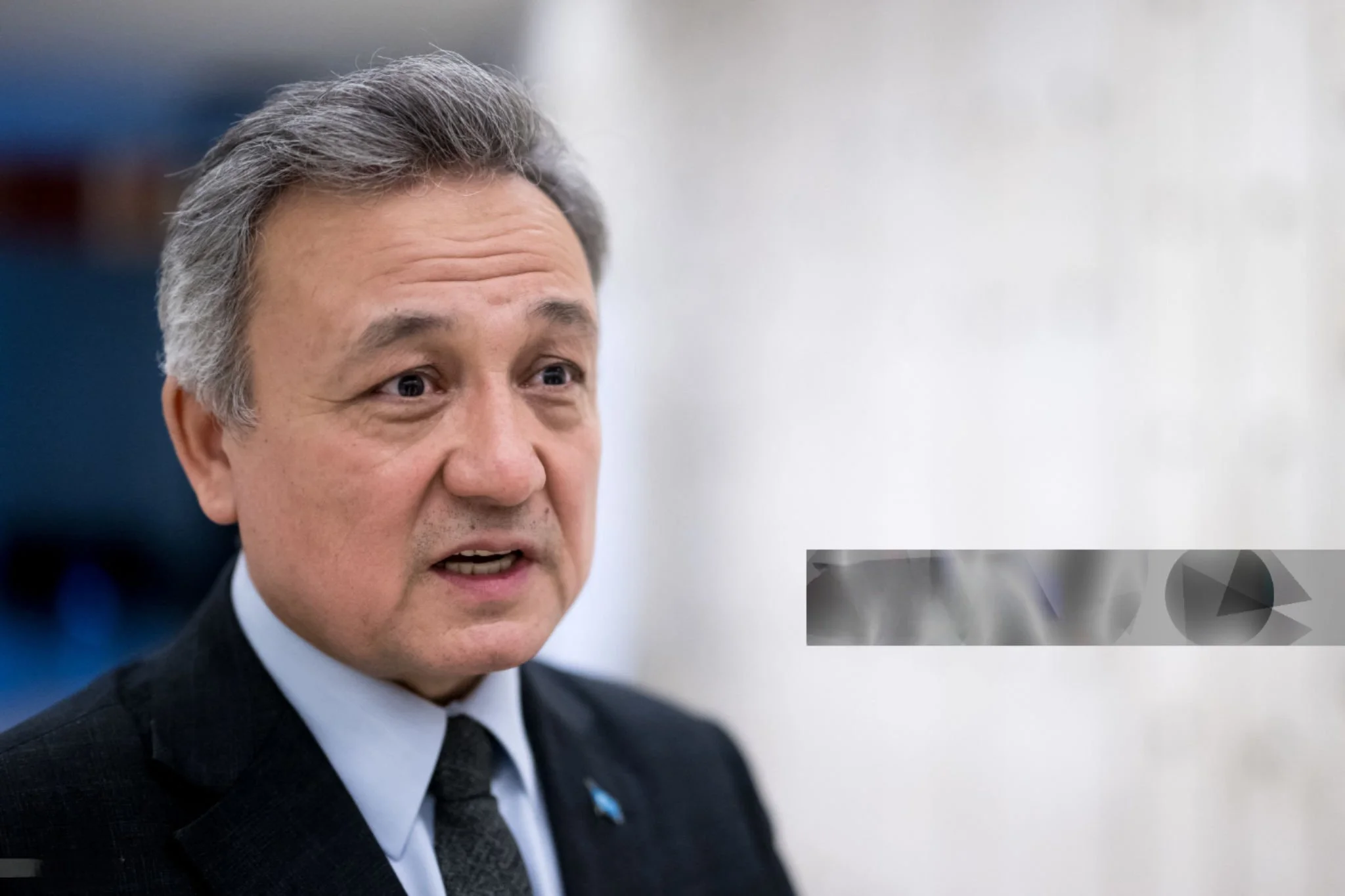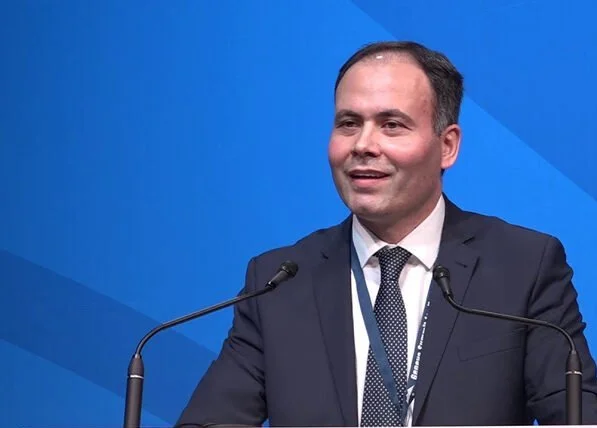How to Stop the Slide into Authoritarianism - Hungary, Slovakia, Turkey, China and India?
Dolkun Isa
Current president of the World Uyghur Congress
Link for the Video
Yavuz Aydin
Turkish Judge living in-exile
Barbora Bukovská
human rights attorney and Senior Director for Law and Policy at ARTICLE 19
Hayiuer Kuerban
Head of the Berlin office of the World Uyghur Congress
The World Forum on the Future of Democracy, Tech and Humankind, 18th–19th February 2024, Berlin
Calls for Action: The World Forum's panel How to Stop the Slide into Authoritarianism - Hungary, Slovakia, Turkey, China and India concluded with a strong action included advocating for sanctions, individual accountability, and connecting business and trade relations with authoritarian regimes to human rights protection. The discussion underscored the significance of international cooperation and action to address the challenges posed by the slide into authoritarianism.
Main outcome:
Authoritarian Tactics: Identified key areas fueling authoritarianism, including opposition demonization, compromised judicial and media independence, strict internet controls, and state bureaucracy control.
International Response: Emphasized the importance of international sanctions and condemnation, particularly regarding China's Uyghur genocide, to prevent the global spread of authoritarian influence.
Preserving Freedom: Stressed the gradual erosion of judicial independence and media freedom, urging awareness, accountability, and learning from situations like Turkey to preserve freedom of expression and the rule of law.
Accountability and Human Rights: Advocated for accountability mechanisms, including a special court for crimes of aggression, and underscored the importance of protecting individual rights while acknowledging the limitations of international systems.
Counter-Propaganda and Awareness: Highlighted the importance of countering authoritarian propaganda, raising awareness, and exposing human rights violations. The potential impact of individual sanctions, such as the Magnitsky law, in improving human rights was emphasized.
Panel Dicussion summary
Barbora Bukovská, the moderator, opened the panel discussion on "How to Stop the Slide into Authoritarianism" by highlighting the decline in freedom of expression and democracy worldwide. She emphasized the rise of populist nationalist parties in European countries and the threat to future democracy. She outlined six areas where authoritarianism begins, including demonizing opposition, undermining the independence of the courts and media, strict internet controls, and control over state bureaucracy and security operations. The panelists included Dolkun Isa, the current president of the World Uyghur Congress, Yavuz Aydin, a Turkish judge living in exile, and Hayiuer Kuerban, the head of the Berlin office of the World Uyghur Congress.
Dolkun Isa discussed the difficulty of reversing the trend towards authoritarianism in China, highlighting the country's growing economic and political influence globally. He emphasized the need for international sanctions and condemnation by political organizations and countries to address the ongoing genocide of the Uyghur people in China. Isa stressed the urgency of taking action to stop the genocide and prevent China's authoritarian influence from spreading to other regions.
Yavuz Aydin shared his perspective as a former judge in Turkey, discussing the gradual erosion of judicial independence and media freedom in the country. He highlighted the polarization of society and the impact of authoritarianism on the separation of powers, media freedom, and access to information. Aydin emphasized the need for awareness and accountability, urging individuals and media members to draw lessons from the situation in Turkey and work towards preserving freedom of expression and the rule of law. further addressed the issue of accountability within the Council of Europe, discussing the implications of Turkey's membership and the potential expulsion from the organization. he emphasized the importance of protecting individuals' rights and the limitations of international systems in addressing human rights violations.
Hayiuer Kuerban provided insights into the challenges of countering authoritarianism, emphasizing the importance of raising awareness and fighting against China's propaganda. He discussed the mass genocide of the Uyghur people and the Chinese government's suppression of civil rights. Kuerban highlighted the need to expose human rights violations and impose sanctions on individuals responsible for such actions. He emphasized the potential impact of individual sanctions, such as the Magnitsky law, in improving human rights protection and holding perpetrators accountable. He also raised the question of sanctions and individual accountability, particularly in the context of business and trade relations with authoritarian regimes.
In summary, the panelists provided valuable insights into the challenges of countering authoritarianism, with a focus on China and Turkey. They emphasized the need for international solidarity, awareness-raising, and accountability measures to address human rights violations and preserve freedom of expression and democracy. The discussions highlighted the complex dynamics at play and offered perspectives on potential strategies to counter the trend towards authoritarianism.




